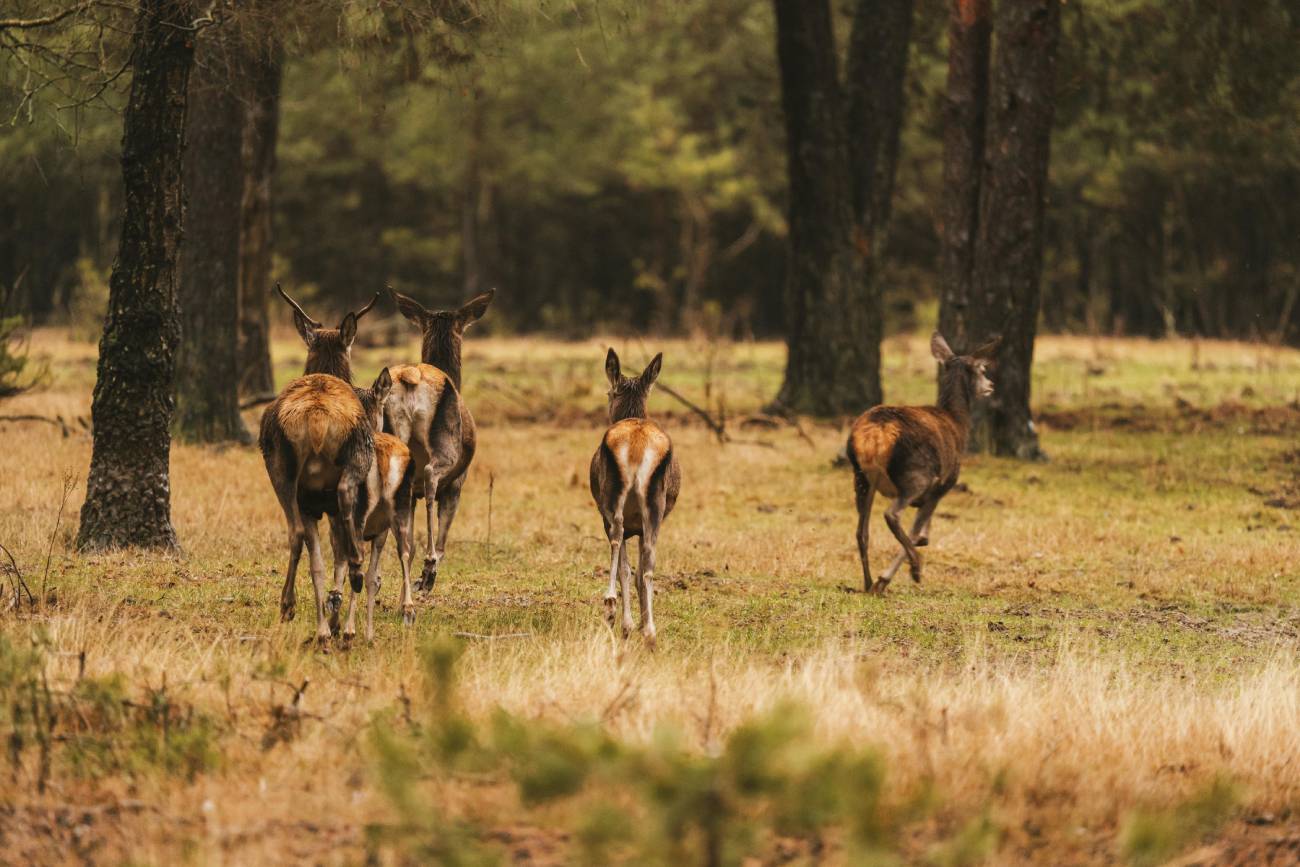
Guest article provided by: wildislelit.com
Terror paralyzes, and nothing is so frightening as the uncertainty of the future. Even with a great guide, such as a parent, teacher, professor, mentor, or life coach like our very own Eva Benoit, when the time comes to make the jump into a new job, project, relationship, or commitment, the icy grip of hesitation holds back our hearts. Fear stops us in our tracks along the Path, and post-facto rationalization justifying procrastination keeps us in that very spot, possibly for the rest of our lives.
But life need not be this way. Through positive influences and persistent practice, it is possible to cultivate the bravery necessary to challenge our terror and even to overcome it.
Everyday Bushido: a Zen Paradox
Though modern day societies are far removed from the horrors of war and ever-present threat of predation faced by our ancestors, their wisdom can carry us forward today. In fact, our lack of danger in our everyday environments make the modes of thinking of eras past evermore applicable.
One such historical religious and philosophical school of thought belongs (though is not exclusive to) the Zen Buddhists of Japan. This particular blend of Buddhism, Taoism, Confucianism, and Shintoism produced a warrior culture embodied in part by the samurai. in particular, warrior-monk Tsunetomo Yamamoto, upon retiring after his daimyo forbid him to commit junshi—a form of ritual suicide, following ones lord in death—recorded his wisdom in a book called Hagakure, translated as, In the Shade of the Leaves.
In keeping with his Zen tradition, Yamamoto offers as a solution to fear what to the western mind might seem a flagrant contradiction. In regard to death, the greatest and perhaps most anxiety provoking unknown, he says:
Bushido is realized in the presence of death. This means choosing death whenever there is a choice between life and death. There is no other reasoning. (Yamamoto)
How, one is likely to ask, is this fanaticism supposed to help with anxiety about applying to a new job or asking someone for a phone number?
It’s an imperative-imperative: when we are afraid, we do not know how to think and behave in a way we know is right and proper. We are not afraid of the unknown, per se. We are afraid of making a mistake, of acting in the wrong way.
When we feel familiar with something, even if that something is painful, we can brace ourselves and move toward it bravely. In that context, we know how to talk to strangers for the first time and even how to respond when treated rudely or dismissively. Likewise, if we learned how to lose gracefully as children, when we reach adulthood, we do not throw a tantrum or totally give up because of a singular failure; neither do we refuse to try because we might suffer a loss.
All unknowns are like this, and once we learn how to face the greatest of uncertainties—that is, once we become familiar with not just a particular uncertainty, but uncertainty itself—then even death fails to produce more than a fleeting sense of anxiety.
It is not events that disturb people, it is their judgements concerning them. Death, for example, is nothing frightening…but the judgement that death is frightening—now, that is something to be afraid of. So when we are frustrated, angry, of unhappy, never hold anyone except ourselves—that is, our judgements—accountable. (Yamamoto)
Overcoming Fear: a Practice
It is one thing to understand that our fear of fear is both a self-fulfilling prophecy and a positive feedback loop, but it is another thing to actually face it.
Borrowing a phrase taken out of context from contemporary Canadian philosopher, Stefan Molyneux, “Thoughts precede emotions.” What this means is not that we can merely think our way out of not having a visceral emotional reaction, but that we can plan and practice how we are going to react to our feelings by thinking about them ahead of time.
This is exactly what Yamamoto recommends:
If by setting one’s heart right every morning and evening, one is able to live as though his body were already dead, he gains freedom in the Way. (Yamamoto)
Daily self-imposed reminders that death is inevitable, that we are mortal, and that everything we hold and shall ever hold will one day be nought but dust—if taken on voluntarily—turn anxiety into mundanity. What was once frightening becomes boring. Compared to death, what does one rejection matter? Or even a hundred? So what if we lose our job, our spouse, even a limb or two. If we can confront death with a great enough frequency to become familiar with it, and thereby accept it, there can be nothing so threatening that we cannot also accept.
There is something to be learned from a rainstorm. When meeting with a sudden shower, you try not to get wet and run quickly along the road. But doing such things as passing under the eaves of houses, you still get wet. When you are resolved from the beginning, you will not be perplexed, though you still get the same soaking. This understanding extends to everything. (Yamamoto)
Accomplishing this, all that is left is the challenge and its reward.
And so, tomorrow morning and each day forth, we ought to set our hearts right and confront those uncertainties which we cannot control and which we fear most. Like the samurai, we ought to choose our terror in the moment. If we can do this again and again, though the pain will be no less, we shall at least progress along each of our own life Paths.
For more ancient east-Asian wisdom, check out Wild Isle Literature. While you’re there, our very own Eva Benoit has had a few articles of her own published there. And if you’re serious about sorting out your course in life, consider Eva as a potential life-guide.
Yamamoto, Tsunetomo. Hagakure.
by MarQuese Liddle | MFA
Author & Editor at Wild Isle Literature
Photo by: Pexels